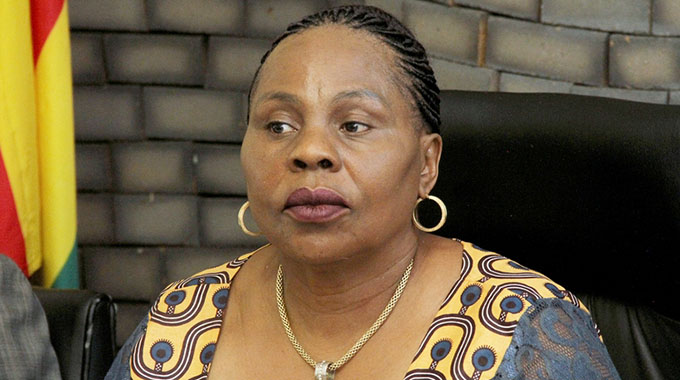Zim edges closer to oil discovery

Golden Sibanda
AUSTRALIA Stock Exchange (ASX) listed Invictus Energy, says geo-chemical tests on rock samples from its Muzarabani prospect, Mashonaland Central Province, have further affirmed possible existence of oil deposits on its special grant (SGG), due to similarities with rock types in areas where oil has been discovered.
Invictus Energy said it had received the geochemical analysis results from its recent outcrop source rock field sampling programme carried out in July this year in the Cahora Bassa Basin of Muzarabani to the west of its SG 4571 permit.
This comes as Invictus Energy prepares to start the high impact oil hole drilling around the third quarter of next year, which will confirm or otherwise the existence and commercial viability of extracting oil and gas in Muzarabani.
The rock type analysis was conducted by the GeoMark Research in the US. Nineteen samples were obtained for source rock analysis; 7 of them undergoing special tests namely saturate/aromatic (SARA), biomarker and isotope analysis.
It confirms that at least two source rock facies, distinct bodies of depositional sediment, are present in the Cabora Bassa Basin, consisting of a high-quality oil prone lake related source rock inter-bedded with good quality gas and oil liquids.
The discovery of oil and gas would be a major breakthrough for Zimbabwe, which has for over decade and half been dogged by acute shortage of energy sources that include fuel, electricity and liquefied petroleum gas. Oil has become the world’s most important source of energy since the mid-1950s. Its products underpin modern society, mainly supplying energy to power industry, heat homes and provide fuel for vehicles and aeroplanes to carry goods and people all over the world.
Zimbabwe spends plus or minus US$100 million on oil imports at a time it is battling to mobilise enough to meet varied needs.
In September alone, Zimbabwe spent US$71 million on importation of diesel and about US$25 million on petrol imports. Fuel accounts for about 31 percent of the country’s roughly US$6,5 billion import bill. Countries with significant oil deposits finance most of their budgets from oil export earnings.
And if the findings from the research on the Muzarabani prospect in the Cahora Bassa Basin materialise, Zimbabwe will have the largest onshore deposits of petroleum oil and gas of any place on the African continent.
Earlier desk research analysis of exploratory data gathered by global oil giant Mobil confirmed possible existence of 1,3 billion barrels of oil equivalent (boe) or an estimated 206 billion litres of oil in the Cahora Bassa Basin in Muzarabani.
Latest findings also correlate with data from other African and West Australian basins, and suggest affinity with oil and gas prone source rocks from Madagascar, Ethiopia, Tanzania, Seychelles, Uganda and Perth Basins, where billions of barrels are in place and multiple trillion cubic feet gas volumes have been discovered.
“The new RockEval geochemistry data has provided evidence that the source rock sequences present in the Cahora Bassa Basin possess good to excellent gas and liquid potential, comparable to ones in Africa and West Australia, which host multi-billion barrel oil and multi-TCF gas discoveries,” Invictus Energy managing director Scott Macmillan said in a statement released on the company’s and ASX websites this week.
“The reprocessing of the seismic data has generated higher resolution imagery, particularly near surface on the flanks of the Chewore Inliers, to the west of SG 4571, where the source rocks samples were collected from surface,” he added.
Seasoned geologist and Invictus Energy director, Patson Chimbodza, also backed the analysis results saying the types of rocks in the Muzarabani, within Invictus prospective area, were conducive to the existence of petroleum oil and gas.
“The types of rocks are conducive to yielding of oil and gas, that is what basically what we are saying (from the geo-chemical analysis). There are some (initial) studies you do, thereafter you do these (geo-chemical) types of studies and they tell that this or that type of rock are not capable of generating oil and gas.
“So we are just saying those rocks are capable of generating oil and gas, what it does is that it just ticks another box for us to confirm that we should go ahead and drill that prospect,” Chimbodza told Business Weekly.
Invictus said in July this year that an independent report completed by Getech Group Plc at the Cahora Bassa Basin project in Muzarabani estimates the total prospective resource of 9,25 Tcf (trillion cubic feet) plus 294 million barrels of conventional gas/condensate (gross mean un-risked) across its special grant 4571.











Comments